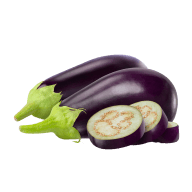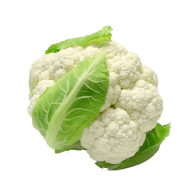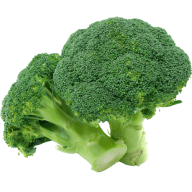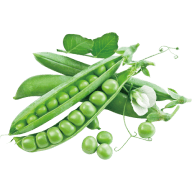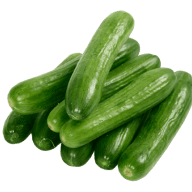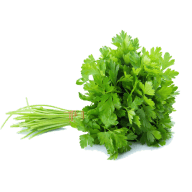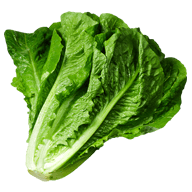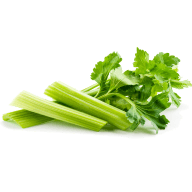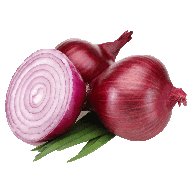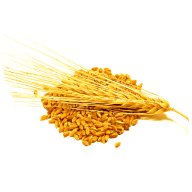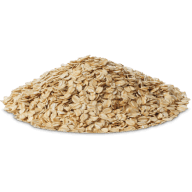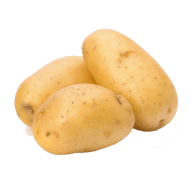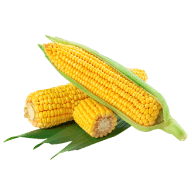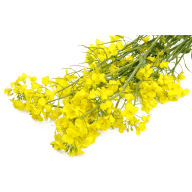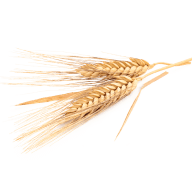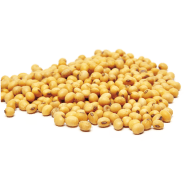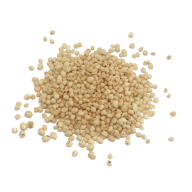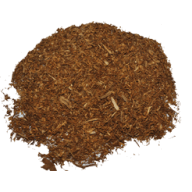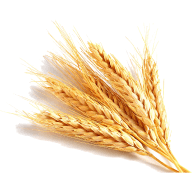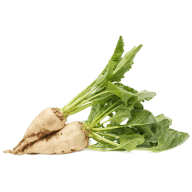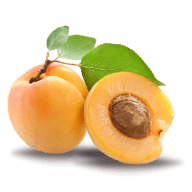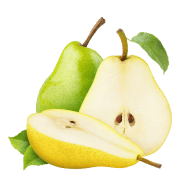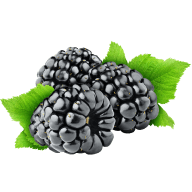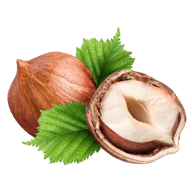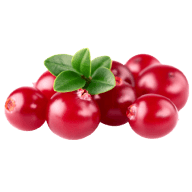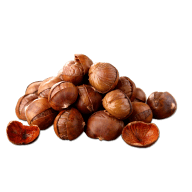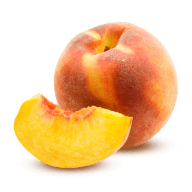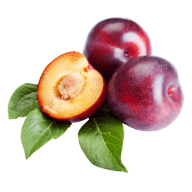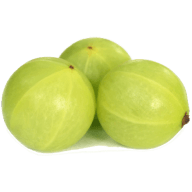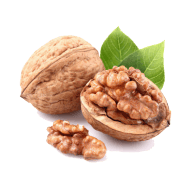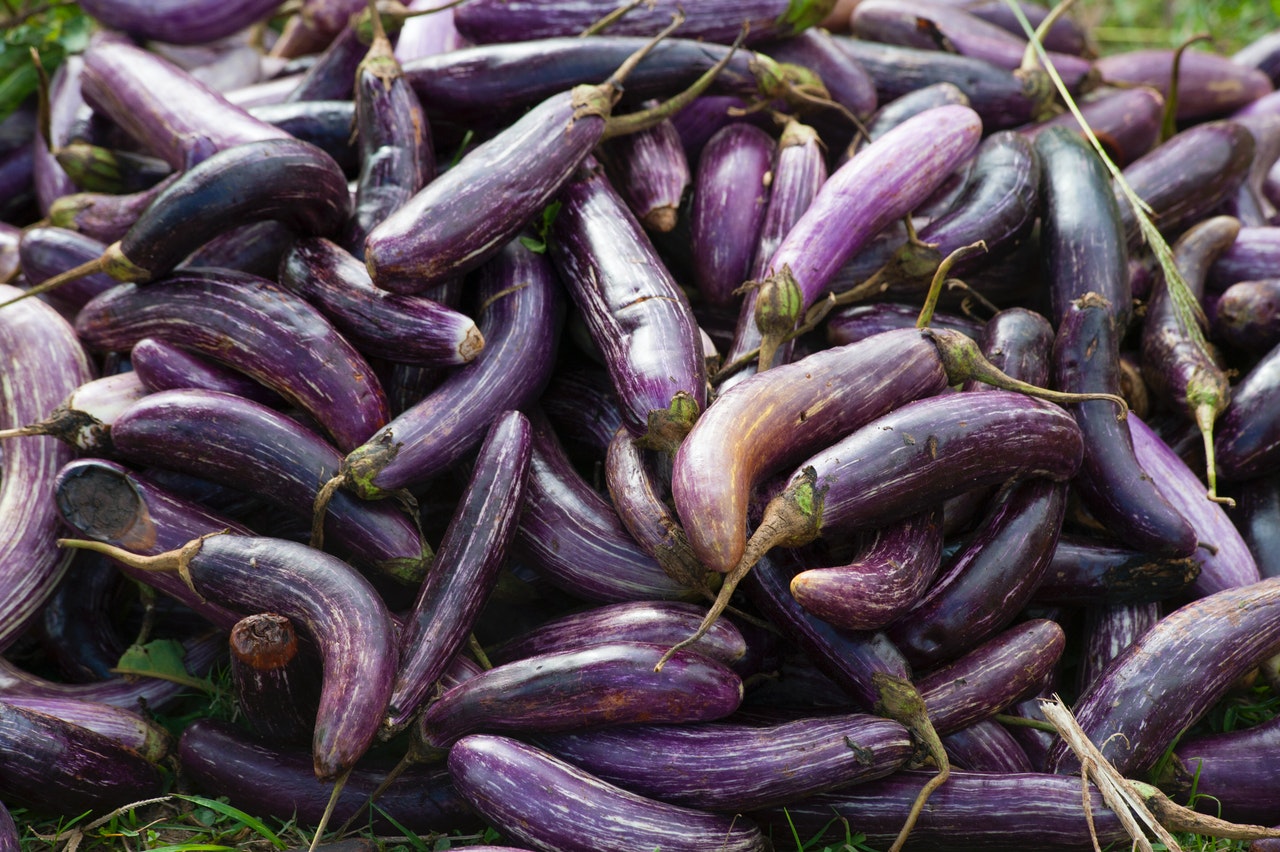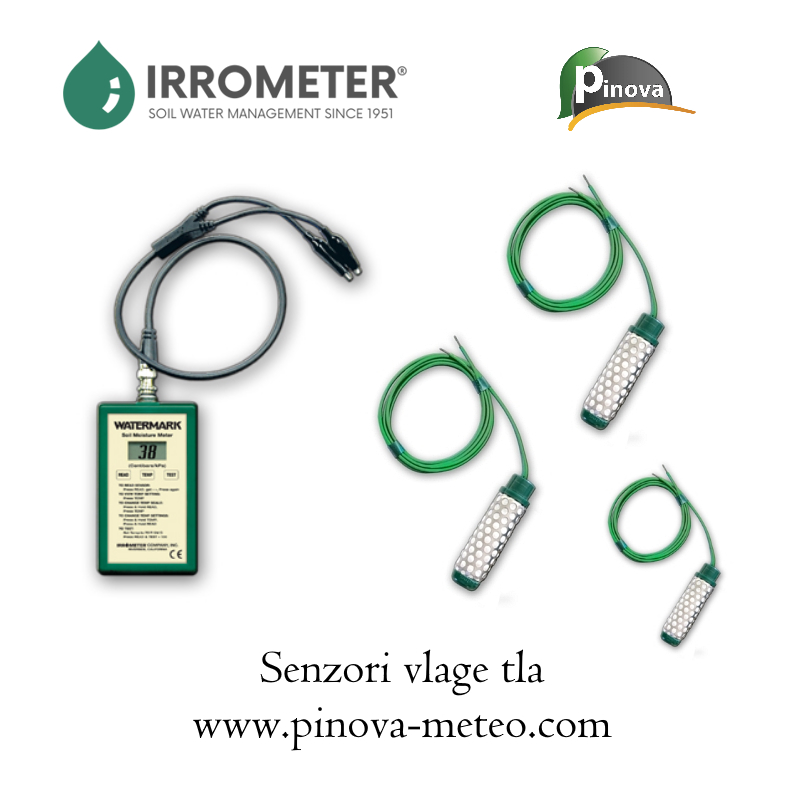Protection of Eggplant from Diseases
With proper crop rotation, soil disinfection in protected environments, planting healthy eggplant seedlings, and preventive measures, fungal diseases should not pose a significant problem.
However, the crop can be attacked by diseases such as root collar rot, late blight (lat. Phytophthora capsici), white rot (lat. Sclerotinia sclerotiorum), concentric leaf spot (lat. Alternaria spp.), powdery mildew (lat. Leveillula taurica), wilting (lat. Verticillium dahliae), and fungi: (lat. Rhizoctonia solani, lat. Sclerotinia spp., lat. Pythium spp., lat. Phytophthora capsici, lat. Fusarium spp.).
These diseases are the same as those affecting peppers, so if any of these diseases appear, protection is approached using the same principles as for peppers.
Seed treatment (with thiram) and soil sterilization are mandatory measures to combat soil parasites. Immediately after transplanting, each plant should be watered with 200-400 ml of a 0.25% Previcur solution. This procedure should be repeated every 15-20 days.
Important preventive measures include:
- Crop rotation
- Soil tillage through plowing, which buries the fungus deeper into the soil where conditions for the development of fruiting bodies do not exist
- Removing infected plants from the field and burning them before the sclerotia (the form in which the fungus overwinters) develop
- Soil sterilization (thermal or chemical)
Protection of Eggplant from Weeds
Regular inter-row cultivation, whether mechanical or manual (depending on the size of the production area), not only aerates the soil but also destroys weeds.
This method, however, does not affect the weeds within the rows, so herbicides may also be applied to control weeds effectively.


